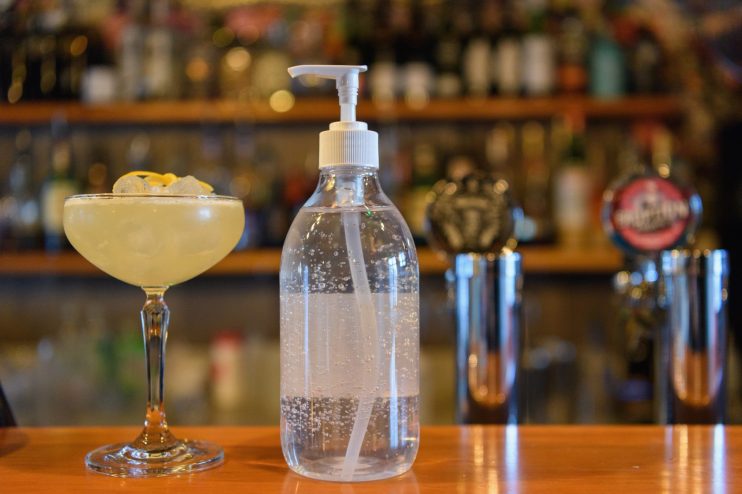CEOs, take note: Hygiene is now a boardroom issue

The history of business is full of inflection points.
Some are instantly easy to recognise, and fatal for non-innovators: the iPhone surpassed and killed the once ubiquitous Blackberry, while digital streaming rendered Blockbuster obsolete.
Others are more gradual and harder to see. Entertainment venues, for example, took anti-smoking legislation in their stride and transformed, while health and safety has gradually become embedded in workplaces.
We are now on the cusp of a similarly significant shift with hygiene — and it is moving very rapidly.
While the headline focus right now is on the looming second UK lockdown and the race for a vaccine, zoom out to see the bigger picture. We are now reaching an inflection point on how we as a society view hygiene, which will increasingly take on a core role in future business strategy, long after Covid-19 is a distant memory.
Smart chief executives know that their company’s reputation among stakeholders now involves hygiene strategy as much as any other area of business. Investors who have seen national cinema chains shut and commercial property companies struggle to collect rent amid widespread safety concerns are watching. Plotting hygiene risk in great detail is now a business imperative.
Companies that directly serve consumers — already highly sensitive to customer perceptions about corporate behaviour — now have hygiene reputations to manage too. And from an HR side, there is increased scope for directors to be personally liable if employees claim that the company’s duty of care in terms of health has not been fulfilled.
The pandemic has also increased focus on non-Covid viruses — both their preventability, and the hours lost through poor general hygiene in the form of staff absences.
Overnight, we suddenly became aware of how viruses lurk in our everyday lives. Recent medical guidance published by the Australian government’s scientific research agency, which received global media attention, showed that flu viruses remain on surfaces for 17 days. (The new coronavirus can remain on surfaces for a staggering 28 days.) We never used to consider whether we were washing our hands enough or properly cleaning work surfaces. Well, we’re considering it now.
All of the above mean that hygiene’s place in both our societal consciousness and in the business world will be transformed — for good.
At the very least, companies will continue to score the easy points — disinfecting primary cross-contamination points such as door handles, using temperature scanners at entry, and investing in air purification systems that reduce transmission. But as this trend develops, a more integral focus on hygiene will be required.
There are clear parallels with cyber security’s journey from the IT department to the boardroom. What was once the responsibility of a company division graduated to being firmly on the C-suite agenda. Just as no modern M&A transaction completes without a company’s cyber defences being robustly due-diligenced, hygiene is now impossible to ignore.
We should therefore expect hygiene to sit alongside other big beasts of internal corporate life such as advertising, sales and marketing, legal, and accounting. It will be intrinsic to how a company grows, strategises, and manages its stakeholders.
We may not have chief hygiene officers in place to save this Christmas, but change is looming. And, as with all inflection points, we may soon struggle to remember how we ever did it any other way.
Main image credit: Getty